Save the habitat of the last chimpanzees in Senegal
SénégalSave the habitat of the last chimpanzees in Senegal
Duration of the partnership
2019-2021
Location
Sénégal
The project and its challenges
The forests of the Commune de Dindéfélo, the habitat for some of the last remaining chimpanzees in Senegal, are under threat from deforestation. This is due to the great many man-made pressures, as well as to the effects of climate change,in a context of limited resources where impoverished families mainly survive from subsistence farming.
Slash and burn farming techniques contribute to fragmenting and damaging the region’s forests. This reduces the habitat of chimpanzees, who may then have to search for food in the nearby villages, which leads to conflict and potential risks.
It is in this context that the Jane Goodall Institute has been managing a conservation project in the area since 2009, along with various other programmes, with the participation of the local populations and for their benefit: agroforestry, sustainable development and environmental education, as well as research on chimpanzees, using a community-centered approach. These actions allow the organisation to work with the local communities to sustainably manage natural resources in the Dindéfélo Community Nature Reserve.
The Maisons du Monde Foundation supports the work of the Jane Goodall Institute in Senegal in order to reinforce existing programmes via environmental awareness workshops and training courses on the use of Moringa in agroforestry, to increase food security at the same time.
Finally, the project aims to plant native trees used by chimpanzees in order to create corridors for the connectivity of the chimpanzees’ most critical habitat, and also plant trees used by humans for wood or food in buffer zones/productive plantations around the villages, which will provide local communities with the natural resources they need for their economic and environmental resilience, and will diminish the anthropic pressure on the protected forests at the same time. The project also includes a plan to prevent wildfires from destroying the forests.
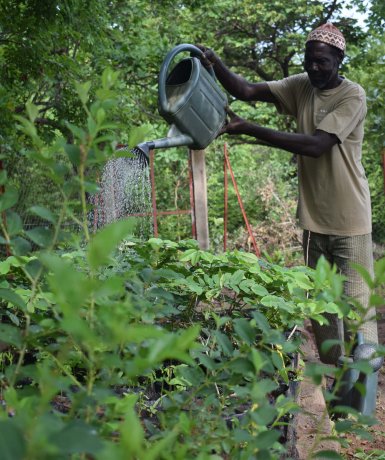
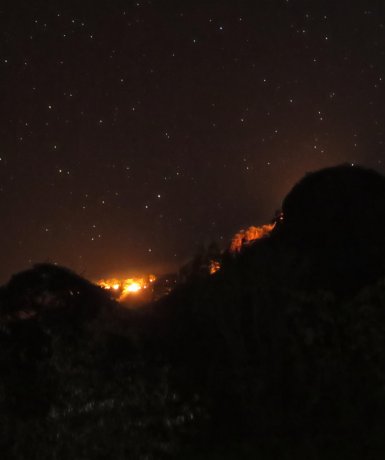
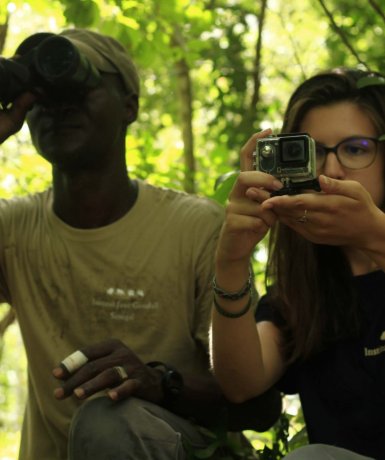
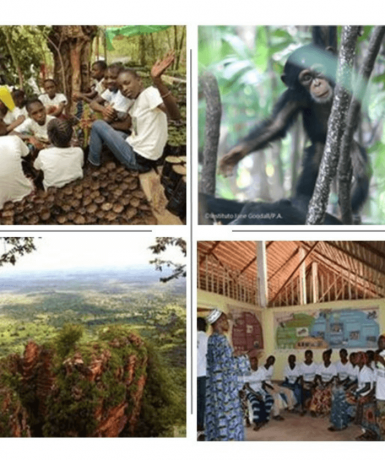
Beneficiaries
The project’s beneficiaries are the inhabitants from the 10 villages in the Dindéfélo Community, namely 6,000 people.
The project's assets
The project targets the empowerment of local families, in particular women who are traditionally involved in collecting, processing, consuming and selling certain fruits and leaves from trees that will be planted. The association also employs women to work in the tree nurseries, and women and men from 10 villages will benefit from the training and distribution of Moringa seeds and plants, and from the planted trees that will provide fruit and leaves to consume and sell.
Project leader Institut Jane Goodall
The Jane Goodall Institute in Senegal is one of the branches of the parent association which works to conserve and conduct research on the fauna and flora, especially the protection of chimpanzees and their habitats, environmental education and awareness-raising for people in Africa. The association also works in favour of international cooperation for sustainable development and the promotion of tolerance and understanding of cultural diversity.
Since 2009, the JGI has carried out reforestation, chimpanzee research and conservation, reforestation, sustainable development, food security, education and awareness-raising programmes in Senegal and Guinea.
Website


 Contact us
Contact us 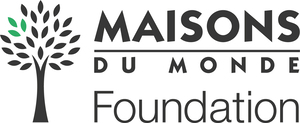

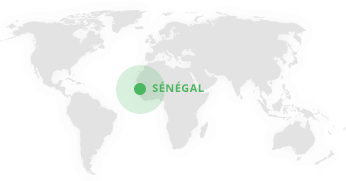


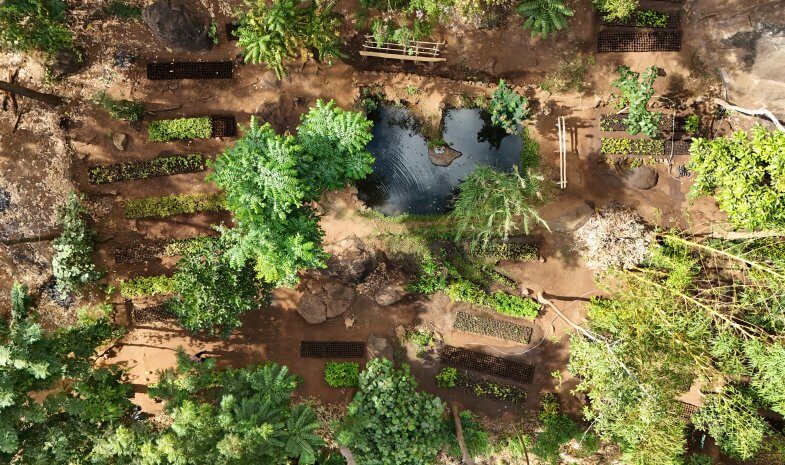
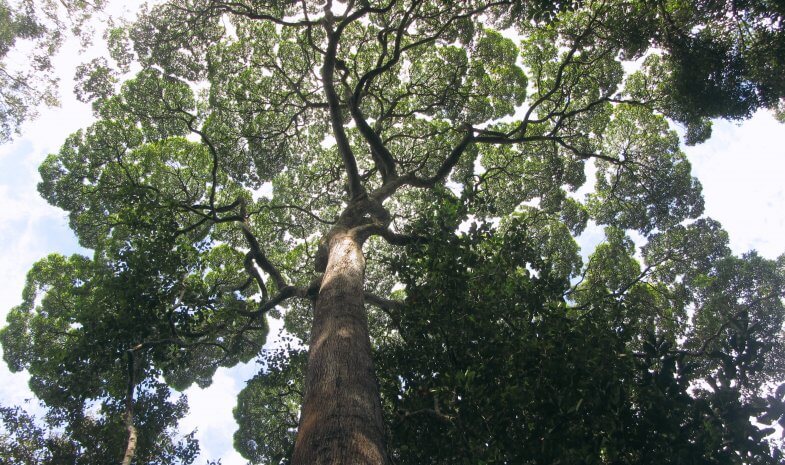
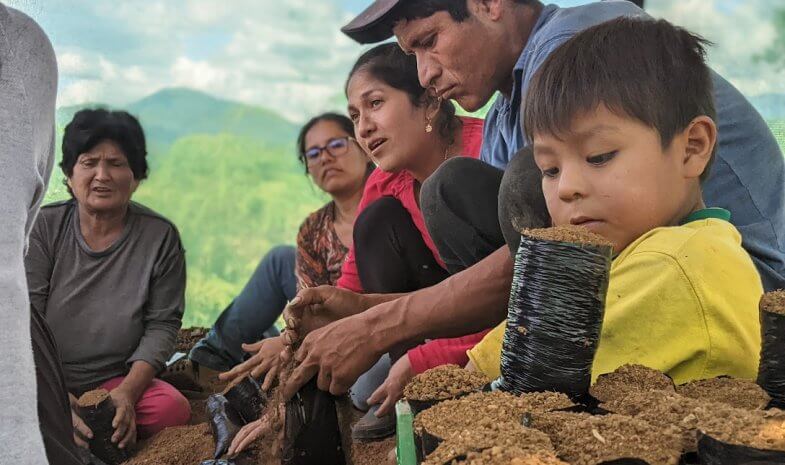
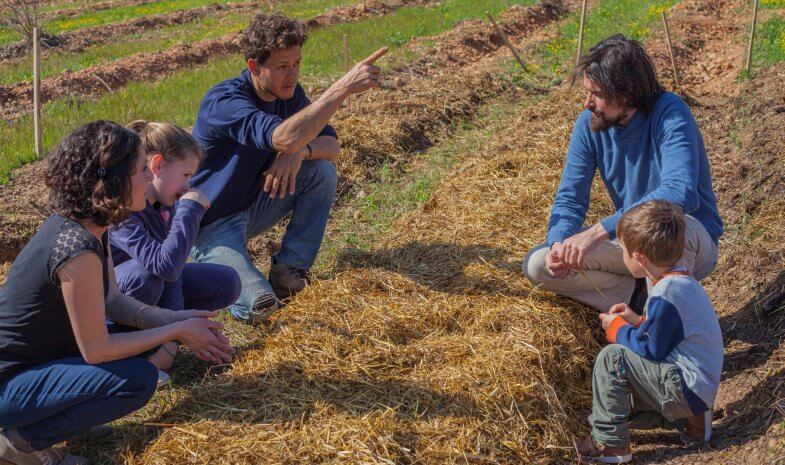

Moringa is a tree with many benefits: you can plant it around the house and collect the leaves from the very first year. Moringa, locally known as “nebeday”, has many nutritional and medicinal properties. It has lots of vitamins, potassium, calcium, iron and other minerals, more than oranges, carrots, milk or bananas. And it helps to prevent diseases, and helps to cure them. It is called the tree of life, because if you have some at home, it is like having a pharmacy around. Also, it is very resilient and grows in poor soil with little water. People can use their leaves, seeds, flowers, branches and even roots for different purposes. For example, people can make powder with the leaves and store it for later use with meals
Biba Diallo project coordinator at the Jane Goodall Institute in Senegal